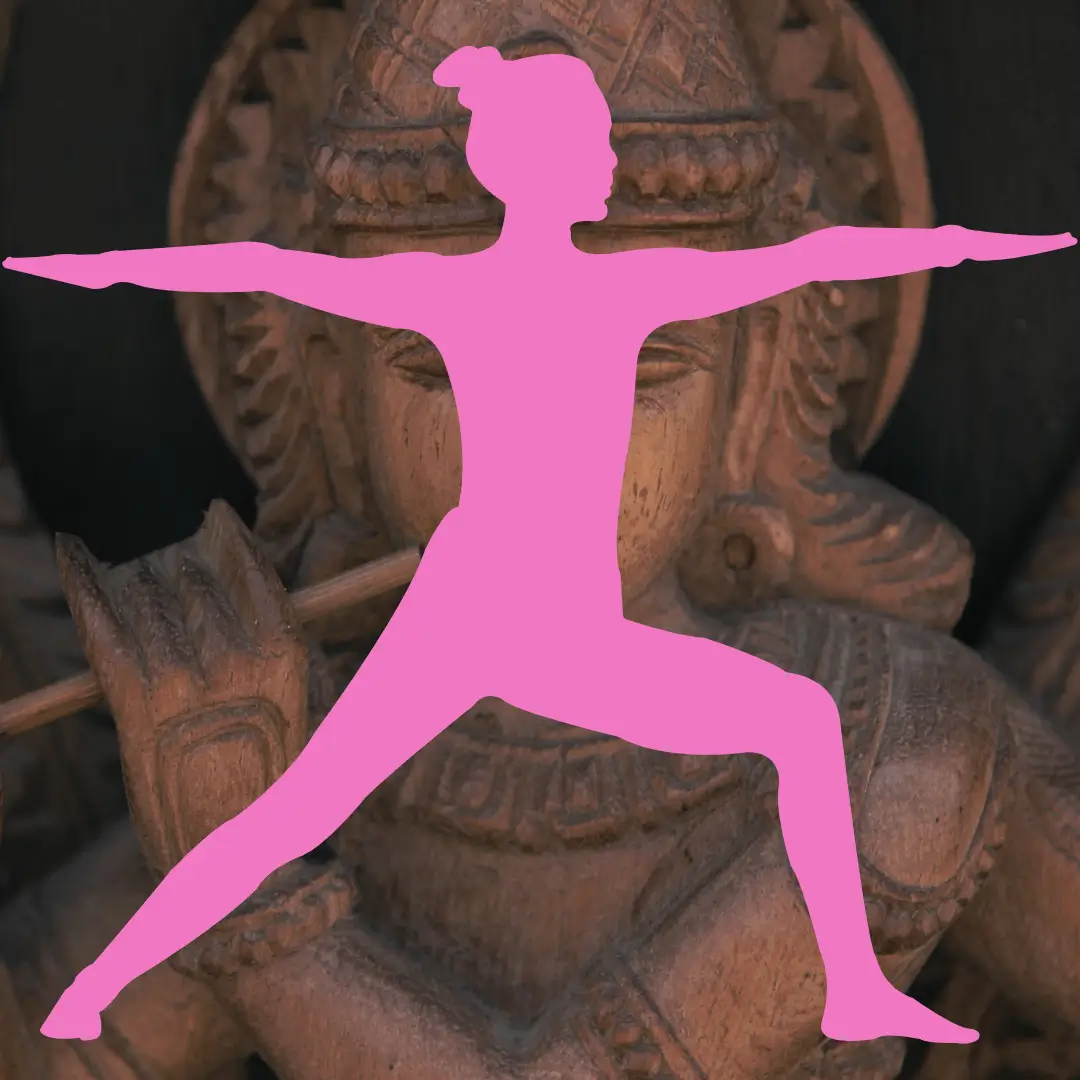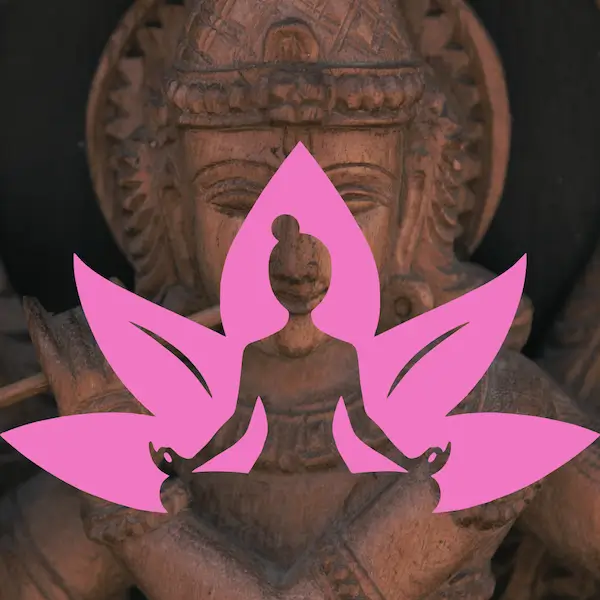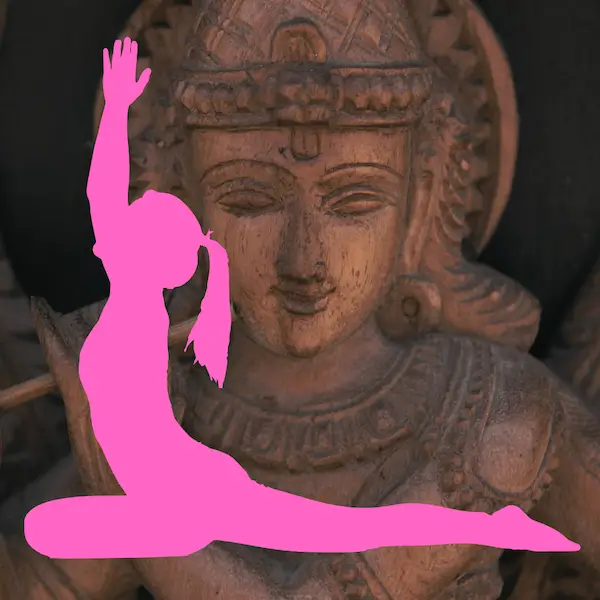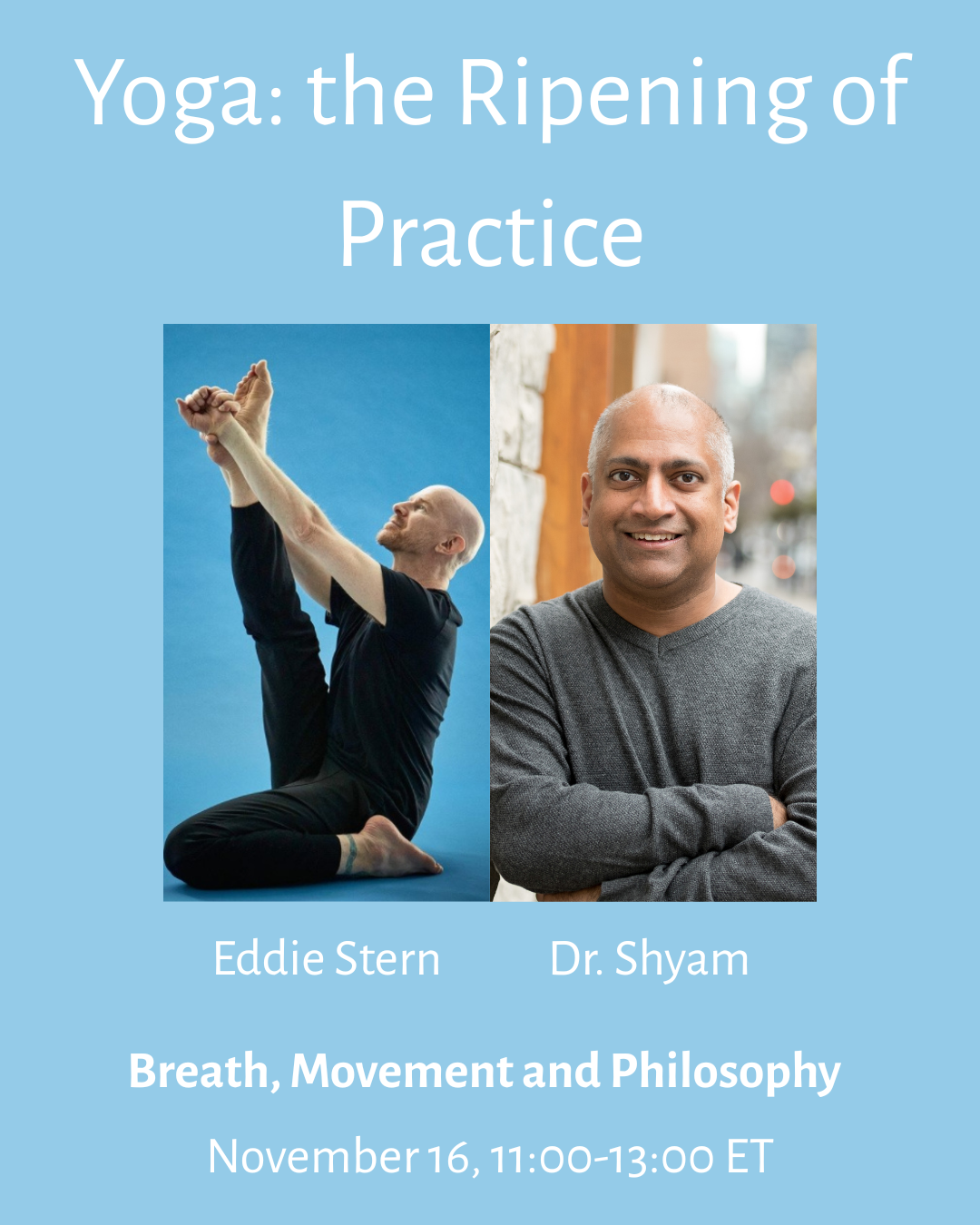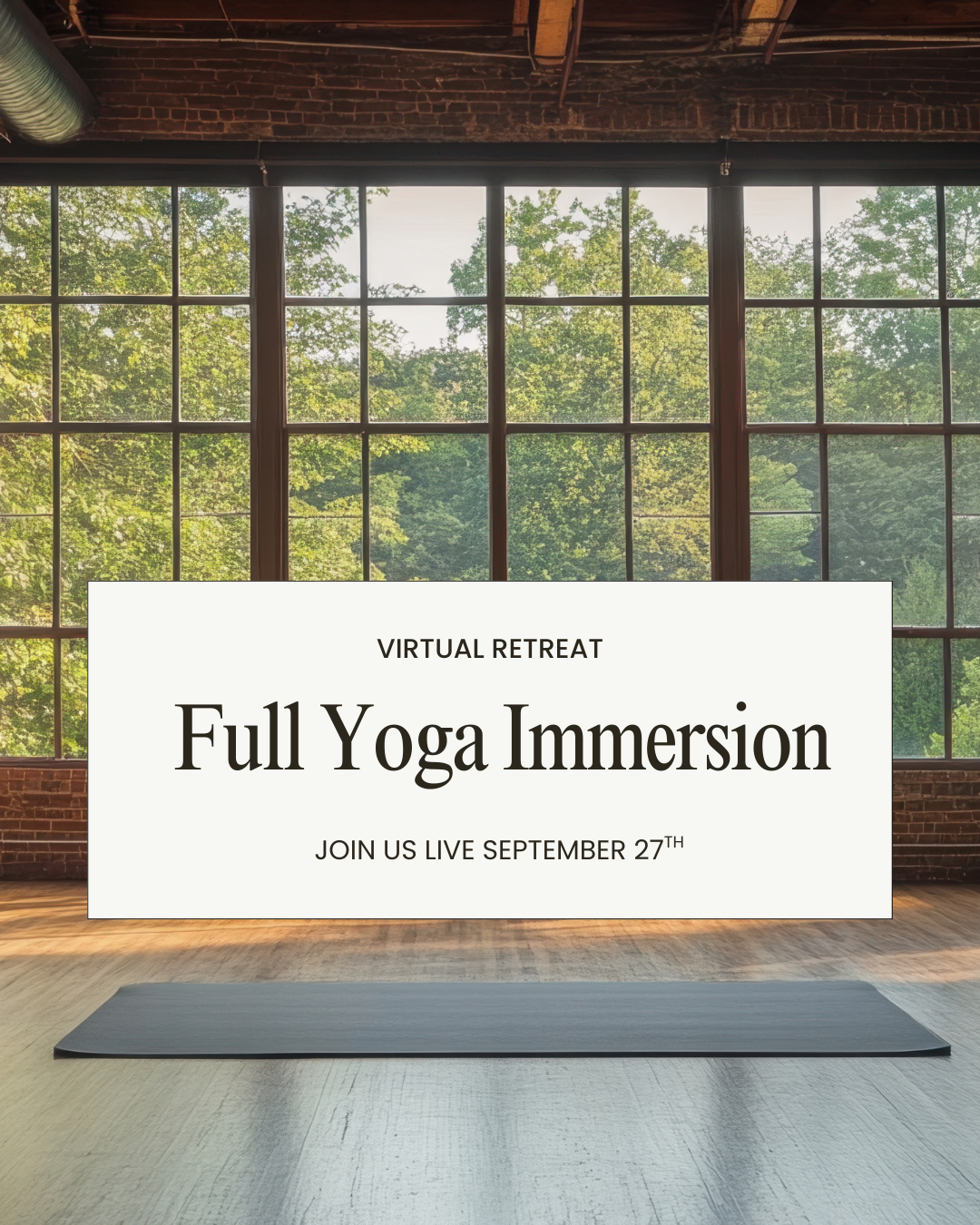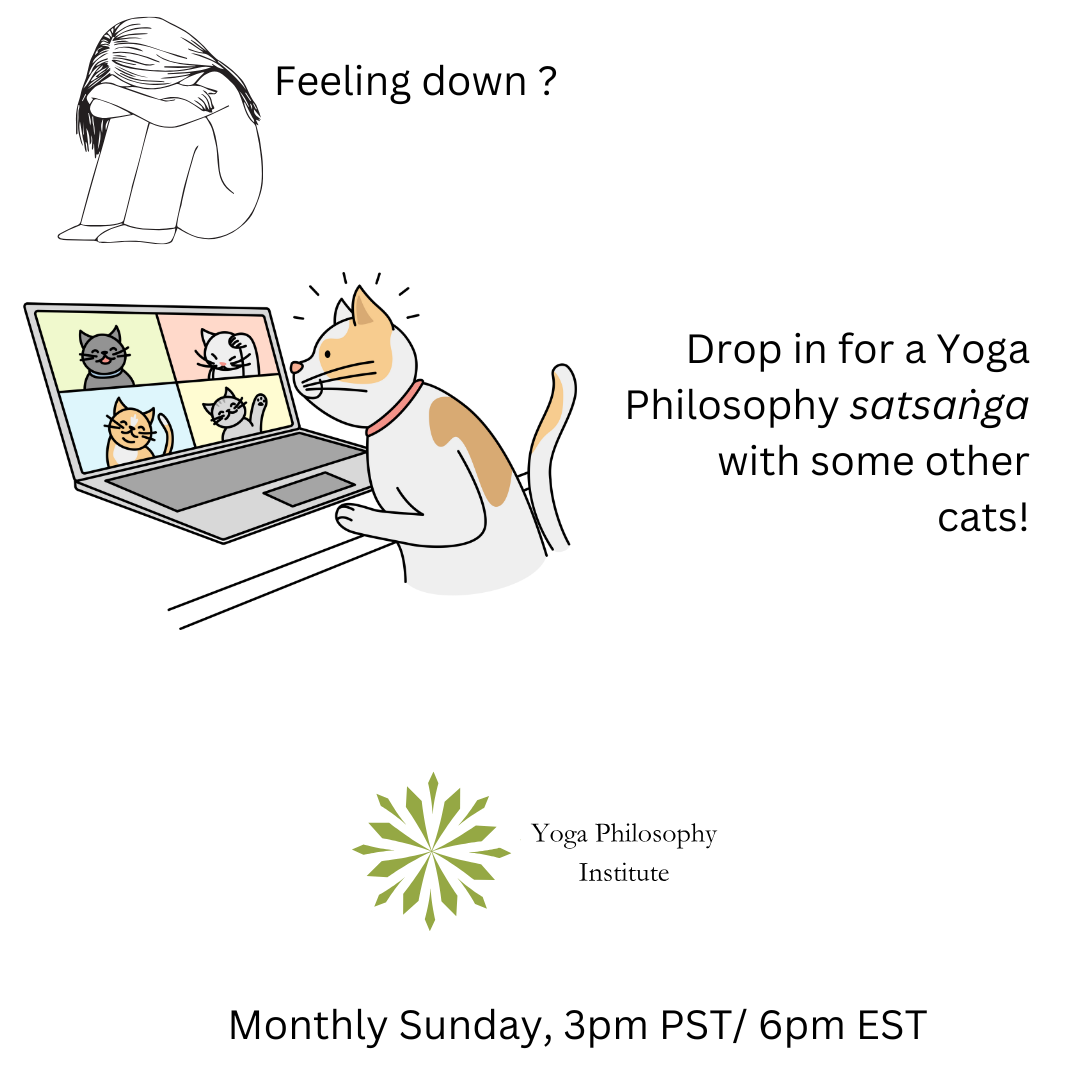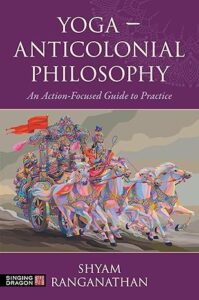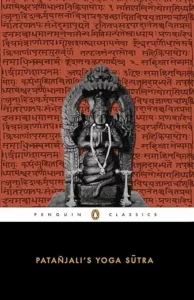Yoga is the view that our minds and bodies are the parts of the natural world that we, as persons, must take responsibility for so they reflect our interests as people. When we succeed at Yoga, we integrate various aspects of our life into a coherent autonomous agent.
Yoga is an ancient philosophy that is unique in that it does not begin with a set of beliefs that one has to agree with but with the proposal that we should organize options to choose from.
The Yoga Philosophy Institute is committed to bringing research-based information on Yoga to interested students, practitioners, teachers, and therapists.
Search this website for free courses, in-depth trainings, podcasts, and access to free scholarly publications on Yoga.



Latest News
Latest News from Yoga Philosophy
Yoga: the Ripening of Practice
Join leading Yoga practitioners Eddie Stern and Dr. Shyam Ranganathan for an exploration of breath, movement, and Yoga’s foundational philosophy. Discover…
Path of Yoga: Mini-Retreat
The Path of Yoga — a live online retreat 📅 Saturday, Sept 27 • 11 AM–3 PM ET…
Monthly Yoga Philosophy Satsaṅga
A satsaṅga (satsaṅg in Hindi) is a gathering with others, to engage in self regulatory yogic activities (like…
New Year Special. 30% off Level 1, 100 Hour Enrollment. Coupon: level1-30
The Level 1, 100 Hour Certification program has turned out to be much more than a certification. While…
Watch the recorded conversation!
Watch the recorded conversation! Go to Instagram
Buy Books Online
Our Newsletter
Sign up for free Yoga Philosophy
Thank you!
A confirmation email has been sent to you. Please click on the link to complete your signup. If you do not see the email in a few minutes, please check your junk or spam mail box.
Blog
From Species Survival to Self-Determined Living: Why Phitness Goes Beyond Biological Fitness
From Species Survival to Self-Determined Living: Why Phitness Goes Beyond Biological Fitness By Dr. Shyam, Founder of Philosophit™…
Decolonize Nonviolence: The Indigenous Roots of Direct Action
What they didn’t tell you about the Indigenous origins of nonviolent resistance will fundamentally change how you understand…
What Everyone Should Know About The Yamas And Niyamas, But Are Almost Never Told!
By Shyam Ranganathan When people first encounter Yoga, they often hear about the Eight Limbs—a seemingly step-by-step path…
